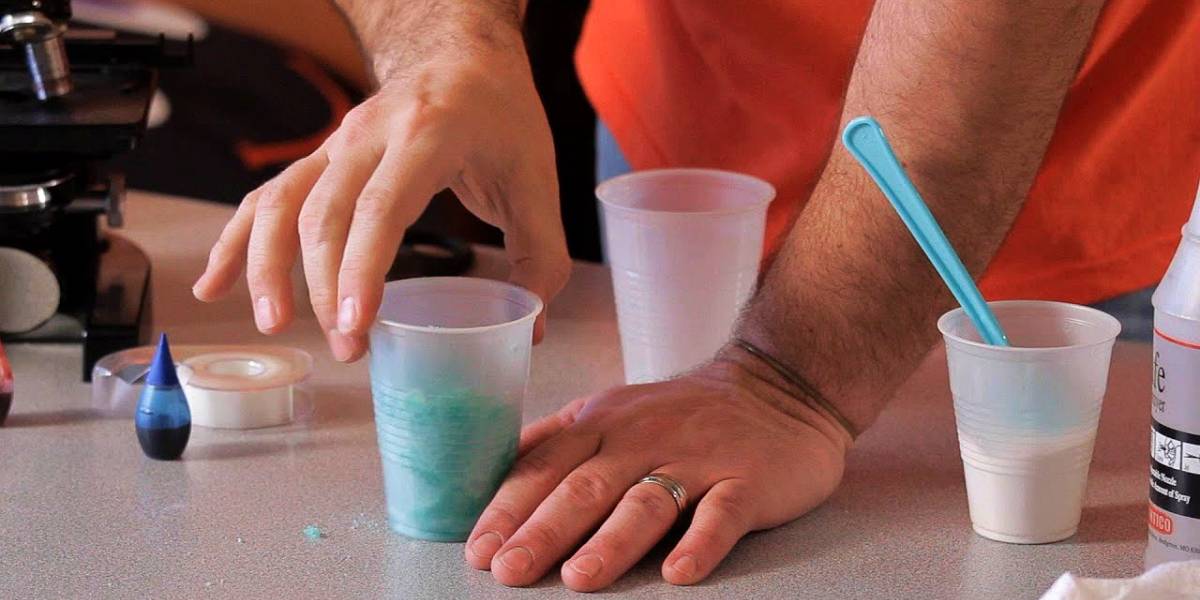As parents, we all want the best for our children, and that includes their brain development. A baby’s brain is constantly growing and changing, and the first few years of life are crucial for setting the foundation for future learning, behavior, and health. In this article, we’ll explore what science knows about baby brain development, what we don’t know yet, and how you can help support your child’s brain growth and development.
Table of Contents
What We Know About Baby Brain Development

According to the latest research, a baby’s brain undergoes rapid development in the first few years of life, with the most significant growth happening in the first year. By age three, a child’s brain has already reached 80% of its adult size. During this time, the brain is forming new neural connections and pruning unused ones, which helps to shape its structure and function.
One of the most essential factors for healthy brain development is a child’s environment. Positive experiences, such as responsive caregiving, playtime, and exposure to a rich variety of sights, sounds, and textures, can help strengthen neural connections and promote healthy brain development.
What We Don’t Know About Baby Brain Development

Despite significant progress in the field of neuroscience, there is still a lot that we don’t know about baby brain development. For example, we are still learning about the specific mechanisms behind neural plasticity, how different experiences and environments affect the brain, and how various genetic and environmental factors interact to shape a child’s cognitive and emotional development.
Another area of ongoing research is the role of screens and technology in baby brain development. While some studies suggest that excessive screen time can have negative effects on cognitive and social development, others have found no significant harm. More research is needed to better understand the impact of screens on babies’ brains and to develop evidence-based guidelines for screen use among young children.
How You Can Support Your Child’s Brain Development

While there is still much to learn about baby brain development, there are many things that parents can do to support their child’s growth and development. Here are some tips:
- Provide a safe, nurturing environment
- Offer plenty of opportunities for play and exploration
- Read, talk, and sing to your baby regularly
- Provide a variety of sensory experiences, such as soft fabrics, different textures, and colorful toys
- Establish consistent routines for sleeping, eating, and playing
- Limit screen time and prioritize face-to-face interactions
By following these tips and being responsive to your child’s needs, you can help support healthy brain development and set the stage for a lifetime of learning and growth.
Frequently Asked Questions About Baby Brain Development
1. When does a baby’s brain start developing?
A baby’s brain begins developing in the womb, but the most significant growth happens in the first few years of life.
2. How can I help support my baby’s brain development?
You can support your baby’s brain development by providing a safe, nurturing environment, offering plenty of opportunities for play and exploration, reading, talking, and singing to your baby regularly, providing a variety of sensory experiences, and establishing consistent routines for sleeping, eating, and playing.
3. Does screen time have a negative impact on a baby’s brain development?
While some studies suggest that excessive screen time can have negative effects on cognitive and social development, others have found no significant harm. More research is needed to better understand the impact of screens on babies’ brains and to develop evidence-based guidelines for screen use among young children.
4. What are some signs of healthy brain development in babies?
Some signs of healthy brain development in babies include good eye contact, social smiling, responding to sounds and voices, reaching for objects, and babbling or cooing.
5. What should I do if I’m concerned about my baby’s brain development?
If you have concerns about your baby’s brain development, talk to your pediatrician or a qualified healthcare professional. They can help you identify potential issues and provide guidance on how to support your baby’s growth and development.
